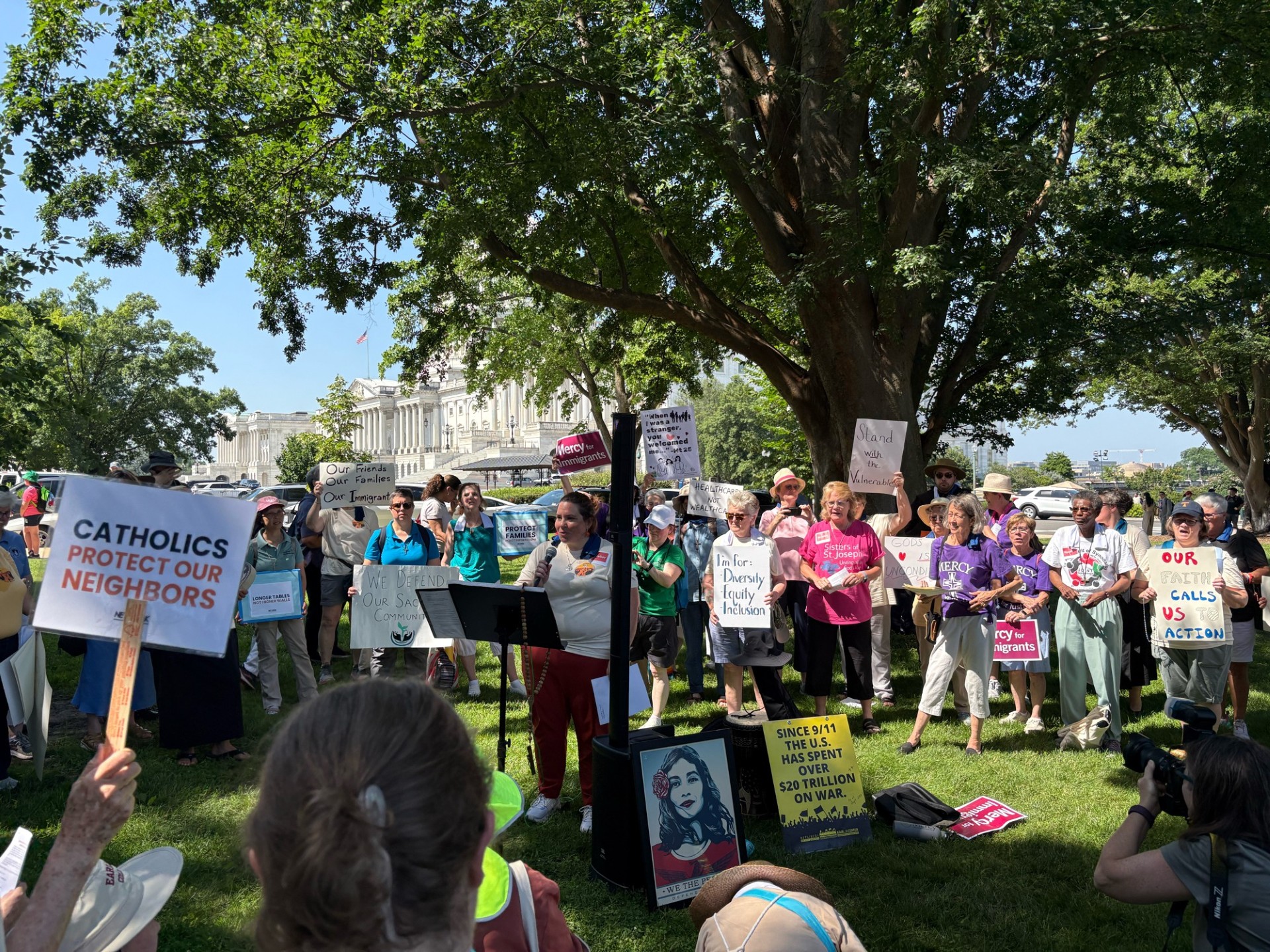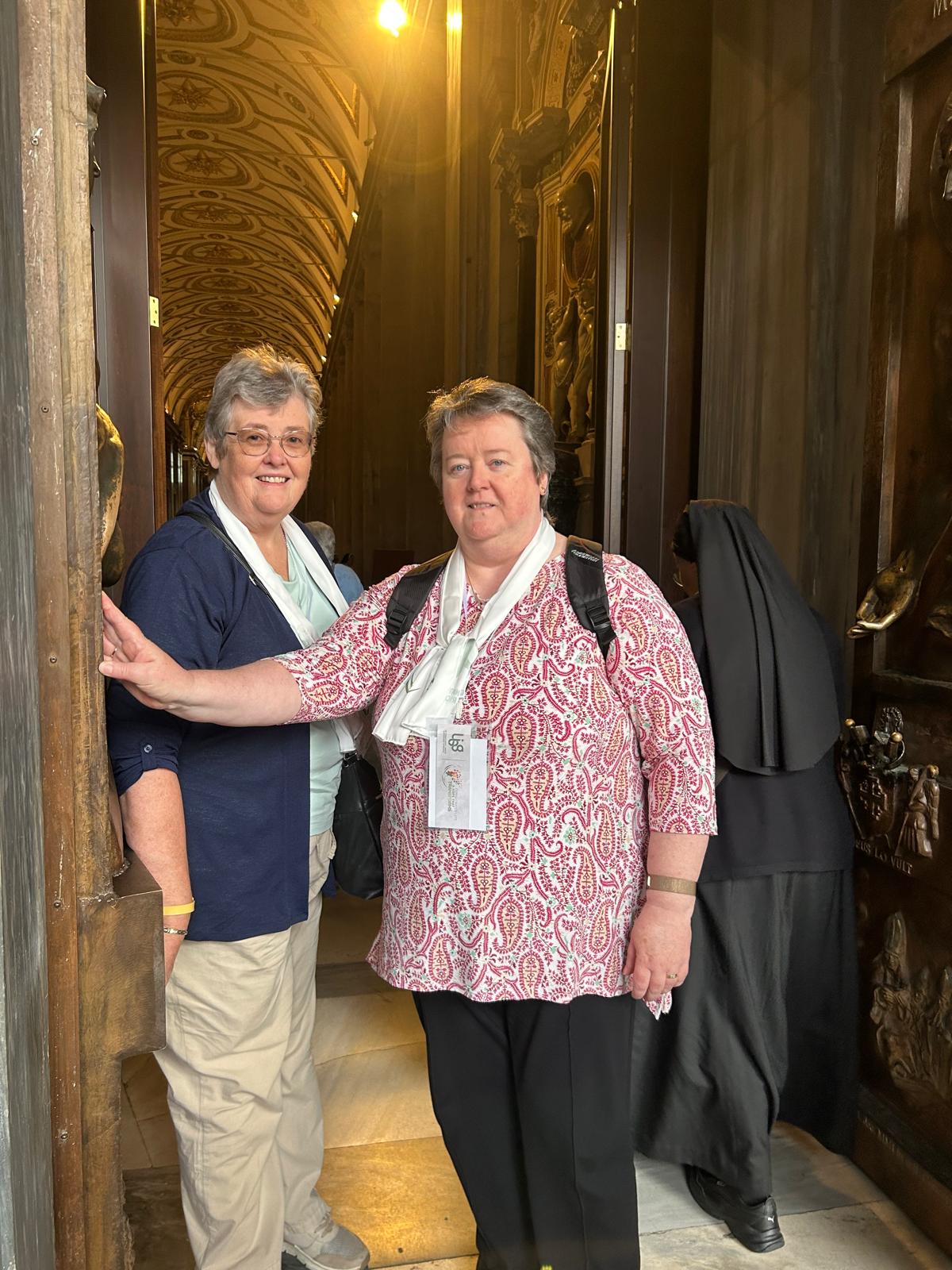
Gender-based violence, particularly human trafficking, is an inhuman phenomenon that affects every aspect of society. Trafficking is driven by a combination of economic, social, cultural, political, and environmental factors. Pope Francis in 2014, declared human trafficking as a crime against humanity. Women and children not only face the challenges of societal norms that impose heavy burdens on them, but they are also deeply affected by the impacts of war, conflict, and climate change. These issues lead to food insecurity, lack of clean water, inadequate hygiene facilities, displacement, and constant threats to their mental, sexual, and physical well-being. Women and girls when kidnapped are kept under unsanitary conditions and face multiples abuses. The serial violation of human rights of women and children leave the affected persons constantly in fear, stigmatisation and shame.
Globally, human trafficking affects millions of people, and it is a multifaceted crime with a highly organised network. Human Trafficking has been detected in 148 countries (UNODC 2021, Pg. 25). The tragedy of human trafficking lies in its underrated effects on human dignity wrapped under the layers of generalised poverty, employment, social and public services. Traffickers devise any possible means to capture their prey including education, scholarships, domestic service, phantom job opportunities, and through the use of social media. When world leaders sign treaties and wage wars in the Global North or Global South, women, girls and children suffer the most through all forms of violence including molestation, sexual assaults, starvation, forced marriages and are often killed.
What if women are at the centre of discussion before these wars and conflicts are waged? The need for including women in decision-making processes is crucial, as they are the ones who suffer most from these conflicts.
Efforts to combat human trafficking must focus on empowering women and girls through access to education, healthcare, and economic opportunities. Breaking harmful cultural norms, like female genital mutilation and child marriage, is essential for reducing gender-based violence. Local and international initiatives must provide social protection services, promote gender equality, and create safe spaces for vulnerable populations.
The International Day of the Girl’s Child celebration 11th October 2024 captured it so well, with the theme ‘Girls Vision for the Future.’
When women fully participate in joint decision-making process at various levels it increases their chances of addressing issues of economic violence, boosts their self-esteem and confidence.
Locally, communities and nations have a greater role to championing the de-violation of women and girls in all its forms including labour exploitation, trade in organs, child trafficking, and debt bondage. Women skills when effectively and appropriately harnessed can be a frontier to many countries economic, social and cultural development. The wellbeing of women and children need to top the agendas of local and international frameworks and policies. It is imperative to ensure women and children have access to social protection services and promote social support systems through various institutions intervention in re-habitation and integration services.
Can women and children be free from all forms of violence including human trafficking? Yes. Activities of traffickers are human made as well as insidious. Therefore, it will equally take human resilience and formidable efforts to end it. Initiatives and programs that are essential to ending human trafficking should be encouraged, including economic empowerment, access to quality healthcare and education, psychosocial support services, and forums for collaboration and cooperation on anti-trafficking efforts.
While it is true that culture can empower or disempower. It is a matter of urgency to do away with those unhealthy activities embedded in cultures that undermines the dignity of women and girls.
Conclusion
Human trafficking is a form of gender-based violence that demands effective collaboration from local and international communities to combat it. Gender-based violence is deeply rooted in factors like economic deprivation, financial dependence, regressive cultural norms, political instability, health crises, harmful policies, and the misuse of technology that exploits minors and abuses women. Preventive measures such as awareness campaigns, economic empowerment, vocational training, internet accessibility, modern technology, healthcare access, and strong partnerships can collectively combat human trafficking. By fostering resource sharing and effective coordination, these interventions not only act as anti-trafficking tools but also as essential measures to counter gender-based violence.









